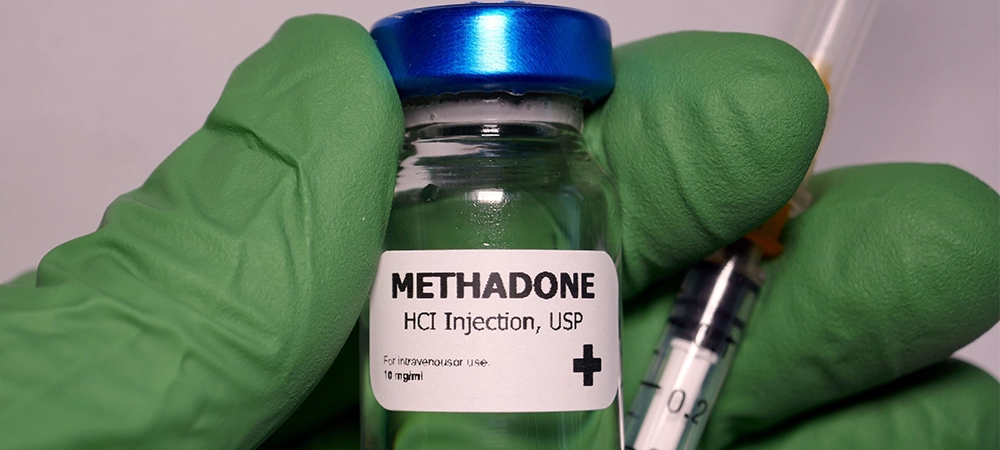In the realm of substance abuse and addiction, fentanyl stands out as a formidable opponent. This synthetic opioid, significantly more potent than heroin and morphine, has been a major contributor to the spike in opioid-related overdoses and deaths. However, despite its potency, addiction to fentanyl is treatable. In this blog, we explore the various treatment options available for overcoming fentanyl addiction, highlighting the approaches we utilize at Addiction Rehab Toronto.
Understanding Fentanyl Addiction
Before diving into treatment options, it’s crucial to understand what makes fentanyl addiction particularly challenging. Fentanyl is highly addictive due to its potent effect on the brain’s reward system. This can lead to a rapid onset of dependence, where the body requires the drug to function normally. Withdrawal from fentanyl can be intensely uncomfortable, and cravings can be overwhelming, making the journey to recovery a challenging one.
Detoxification: The First Step
Detoxification is the initial step in treating fentanyl addiction. This process involves clearing away the drug from your system with medical supervision, alleviating physical dependency on it. While detox can come with unpleasant withdrawal symptoms such as pain, insomnia, nausea and anxiety, rehab settings such as Addiction Rehab Toronto have medical professionals on staff who can manage these withdrawal symptoms to make detox more manageable and comfortable for all parties involved.
Medication-Assisted Treatment (MAT)
MAT is an effective approach to treating opioid addiction, including fentanyl. It involves using medications, in combination with counselling and behavioural therapies, to provide a “whole-patient” approach. The medications used in MAT for fentanyl addiction include:
- Methadone: Reduces cravings and withdrawal symptoms without producing the euphoria associated with fentanyl.
- Buprenorphine: Partially activates the brain’s opioid receptors, alleviating withdrawal symptoms and cravings while preventing the high associated with opioids.
- Naltrexone: Blocks opioid receptors and prevents fentanyl from having any effect.
These medications help stabilize the patient and reduce the risk of relapse, making it easier to engage in other forms of therapy.

Counselling and Behavioral Therapies
Counselling is an integral part of addiction treatment. It helps patients address the underlying causes of their addiction and develop healthier coping mechanisms. Common forms of therapy include:
- Cognitive-behavioural Therapy (CBT): Helps patients recognize and change harmful thought patterns and behaviors.
- Dialectical Behavior Therapy (DBT): Focuses on building skills like mindfulness, distress tolerance, and emotional regulation.
- Motivational Interviewing: Encourages patients to find their own motivation for change.
At Addiction Rehab Toronto, therapy is tailored to the individual’s needs, ensuring the most effective approach to recovery.
Group Therapy and Support Groups
Group therapy and support groups are vital for creating a sense of community and belonging. Sharing experiences with others who are facing similar challenges can be incredibly reassuring and motivating. Support groups, such as Narcotics Anonymous (NA), provide ongoing support even after completing a rehab program.
Family Therapy
Addiction doesn’t only affect the individual; it impacts the entire family. Family therapy can play a critical role in recovery by addressing the entire family system. It helps families understand addiction, improve communication, and rebuild trust.
Holistic Therapies
Holistic therapies complement traditional treatments by addressing the individual’s overall well-being. Techniques like yoga, meditation, art therapy, and acupuncture can help reduce stress and improve mental health, which is crucial for recovery.
Aftercare and Relapse Prevention
Recovery from fentanyl addiction is an ongoing process. Aftercare programs and relapse prevention strategies are crucial for maintaining sobriety. These might include ongoing counselling, support group meetings, and lifestyle changes to support a drug-free life.

Final Thoughts
Overcoming fentanyl addiction may be challenging, but it’s certainly doable. At Addiction Rehab Toronto, we offer comprehensive treatment programs tailored specifically to each person’s individual needs – from medically assisted detoxification and therapy sessions to holistic care – that will support and guide a successful recovery journey. If you or a loved one is currently struggling with their addiction to fentanyl, reach out – together we can create the road to a healthier, fulfilling life free from addiction.







